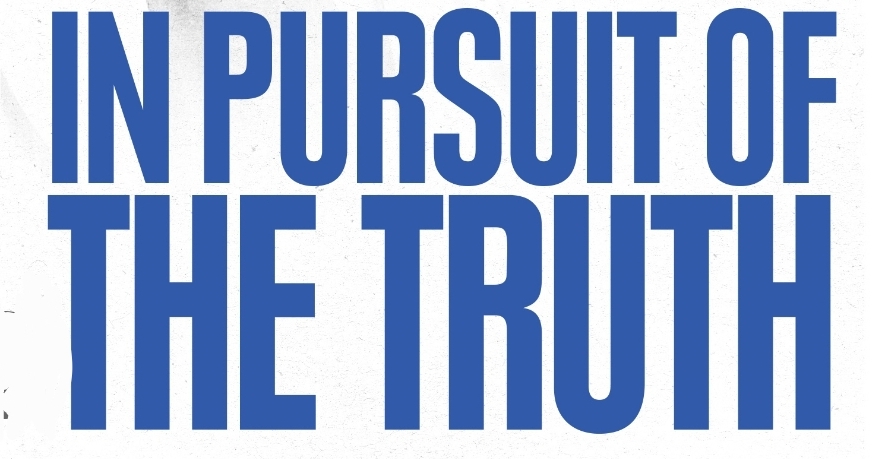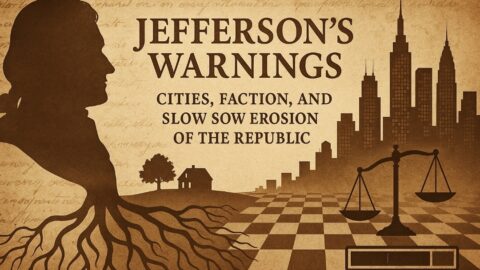The Pursuit of Truth and the Paradox of Uncertainty
Bryan Magee’s statement—”The pursuit of truth in philosophy often leads us to even more profound uncertainties”—captures a fundamental paradox in the nature of philosophical inquiry. It highlights the idea that the deeper we explore the truth, the more we realize how complex and elusive it is. Rather than providing definitive answers, philosophy often dismantles our previous assumptions, leaving us with even greater uncertainties.
This insight aligns with the experiences of some of history’s greatest philosophers, from Socrates to Kant, Nietzsche, and Wittgenstein. Each one, in their pursuit of truth, ultimately encountered more questions than answers, demonstrating that truth is not a fixed destination but an ongoing journey.
The Nature of Truth in Philosophy
At the core of Magee’s statement is the idea that truth is not static, absolute, or easily attainable. Instead, truth is:
- Complex: The more we learn, the more we realize how much we don’t know.
- Contextual: What seems true in one framework may not hold in another.
- Ever-evolving: New perspectives, discoveries, and arguments constantly reshape our understanding.
Examples in Philosophy
- Socratic Paradox (“I know that I know nothing”) – Socrates believed that true wisdom lies in recognizing one’s ignorance. Every question he pursued only led to deeper mysteries.
- Kant’s Critique of Pure Reason – Kant argued that while we seek absolute knowledge, our perception is always limited by the way our minds structure reality. We cannot know things as they truly are, only as they appear to us.
- Wittgenstein’s Language Games – Wittgenstein showed that meaning itself is not fixed but shaped by context, making the pursuit of universal truth even more uncertain.
Why the Search for Truth Leads to More Uncertainty
A. Truth is Layered, Not Singular
- Every time we answer one philosophical question, we uncover more hidden assumptions and deeper questions.
- Example: What is justice? Plato’s Republic begins with simple definitions but ultimately reveals that justice is a highly complex and debated concept.
B. The Limits of Human Knowledge
- Epistemology (the study of knowledge) suggests that we may never have access to “ultimate truth.”
- Science, logic, and reason provide tools, but each has its limits (e.g., Gödel’s incompleteness theorems show that even mathematics has unprovable truths).
C. The Influence of Perspective
- Different philosophical traditions (Western rationalism, Eastern mysticism, existentialism, etc.) offer competing but equally valid perspectives on truth.
- This plurality of views makes it difficult to claim an absolute, final truth.
The Role of Uncertainty in Intellectual Growth
While uncertainty may seem frustrating, it is also essential for intellectual progress.
- Uncertainty forces us to think critically, challenge assumptions, and refine our ideas.
- It prevents dogmatism—the dangerous belief that we already have all the answers.
- It encourages humility—accepting that the world is more complex than we initially thought.
Example: Scientific Progress
- In science, every breakthrough opens new questions. Discovering atoms led to quantum mechanics, which raised even stranger uncertainties about the nature of reality.
- The same applies to philosophy: each “truth” we uncover creates new areas of uncertainty.
How This Applies to Life
Magee’s insight isn’t just about philosophy—it applies to how we navigate reality, relationships, and personal growth.
- The more we learn about human nature, morality, consciousness, and the universe, the more mysterious they become.
- Wisdom isn’t about having all the answers—it’s about being comfortable with uncertainty and continuing the pursuit of understanding.
Practical Takeaways
- Embrace the unknown – Instead of fearing uncertainty, see it as an opportunity to grow.
- Question assumptions – Just because something seems true doesn’t mean it is. Always ask deeper questions.
- Stay open to new perspectives – Truth may appear differently depending on the lens through which we view it.
- Recognize that certainty is often an illusion – History is full of “absolute truths” that were later disproven.
Conclusion: The Endless Journey of Truth
Bryan Magee’s statement reminds us that philosophy does not provide final answers, but rather deepens our awareness of the complexity of existence. The pursuit of truth doesn’t eliminate uncertainty—it expands it.
Yet, this uncertainty is not a flaw—it is what drives progress, reflection, and deeper wisdom. In the words of the physicist Richard Feynman:
“I would rather have questions that can’t be answered than answers that can’t be questioned.”
Thus, the pursuit of truth is not about finding ultimate certainty but about refining our understanding, challenging our perspectives, and embracing the beauty of the unknown.






